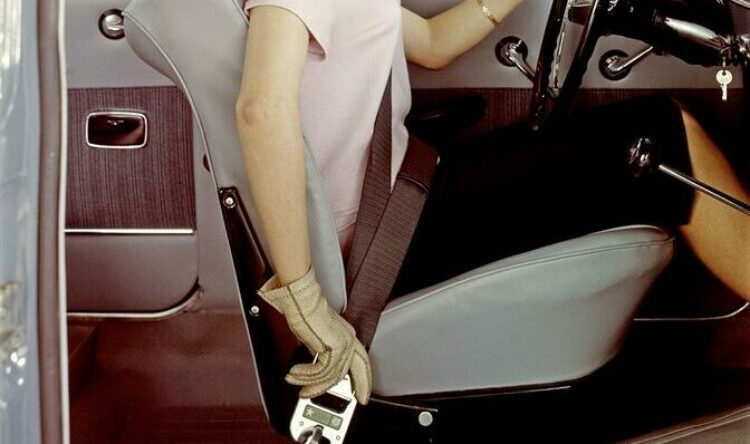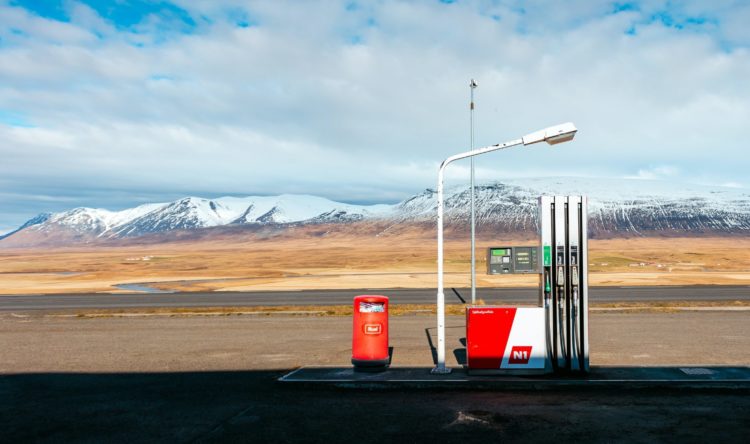Running to the limit
Drivers are increasingly running on empty raising issues of road safety and engine damage
Drivers have been warned that running fuel gauges down can be a risky business.
According to Green Flag, nearly three in 10 drivers admit their vehicle has run out of fuel before. This rises to over half when it comes to 18–34-year-olds.
With the cot of living crisis combined with high fuel prices, motorists are trying to eek out as many miles as possible before revisiting the fuel station. It’s a growing problem that doesn’t just risk being stranded at the roadside, but it can also damage the vehicle.
Running risks
Driving a car regularly with low levels of petrol or diesel causes damage when debris in the fuel tank clogs the fuel pump or filter. When it comes to road safety, there’s the risk of suddenly having no power, potentially on a busy road, or being stranded in a remote location.
There are over 12 million ‘red line runners’ across the UK, according to new research. These ‘red line runners’ let their fuel tank get as close to empty as possible before filling up. According to the research, 31% of drivers are likely to do this due to the current cost-of-living crisis.
Young drivers are the most likely to run the risk – half of ‘red line runners’ are aged under 35. The current economic situation has seen a third of drivers budgeting on vehicle fuel. Meanwhile, a quarter are more likely to fill up every time they go to the petrol station in order to avoid paying for a full tank at once.
Changing behaviours
These changes in refuelling habits are part of a wider change in behaviour. Nearly three-quarters of motorists have changed their driving patterns because of the rising cost-of-living. Young drivers have been most adversely affected, with 84% having changing the way they drive.
The average motorist now drives 23 fewer miles each month compared to January. Over the same time, the average cost of filling a fuel tank has risen by nearly £10, from £65.27 to £74.90. It means that cutting back 23 miles each month could collectively save motorists £8.5billion.
Prevention better than cure
Katie Lomas, Head of Green Flag Breakdown says the practice “can be both costly and dangerous”. She describes this as “a false economy” because of potential “mechanical problems, not to mention the inconvenience of breaking down”.
“Prevention is always better than cure and we know that many breakdowns are avoidable if proper care is taken before and during a trip, so keep the tank with enough fuel to complete your journey safely.”






